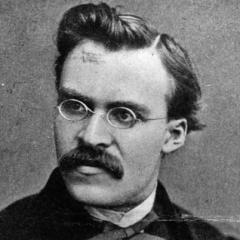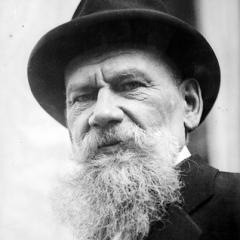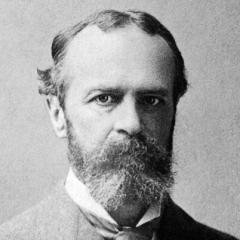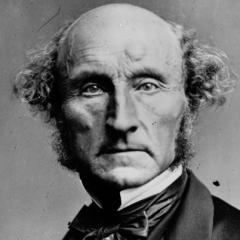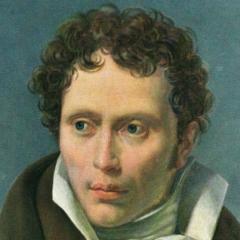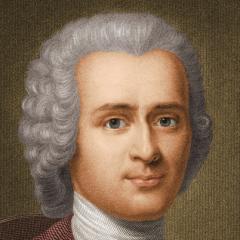African Spir Quotes - Page 2
Quotes about:-
-
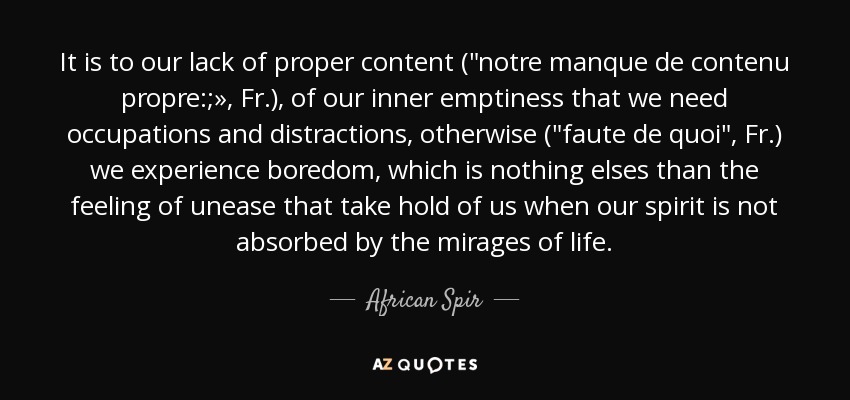 It is to our lack of proper content ("notre manque de contenu propre:;», Fr.), of our inner emptiness that we need occupations and distractions, otherwise ("faute de quoi", Fr.) we experience boredom, which is nothing elses than the feeling of unease that take hold of us when our spirit is not absorbed by the mirages of life.
It is to our lack of proper content ("notre manque de contenu propre:;», Fr.), of our inner emptiness that we need occupations and distractions, otherwise ("faute de quoi", Fr.) we experience boredom, which is nothing elses than the feeling of unease that take hold of us when our spirit is not absorbed by the mirages of life.
-
